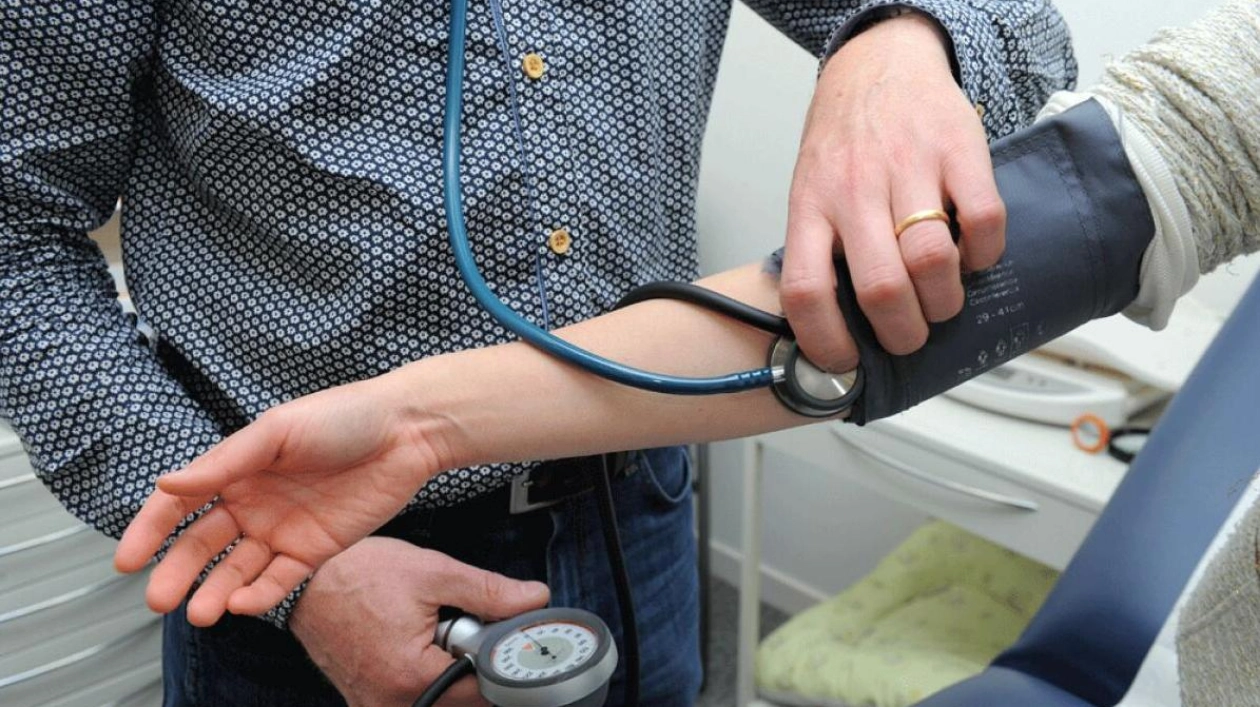New guidelines from the European Society of Cardiology (ESC) are aiding in the timely treatment of patients with elevated blood pressure, according to experts in the UAE.
"As per medical guidelines issued by several leading providers, a blood pressure (BP) of 120/70 mmHg is considered normal, and anything above 140/90 mmHg is considered hypertension," explained Dr. Sachin Upadhyaya, a Cardiology Specialist at Aster Hospital Mankhool. Previously, individuals falling between these ranges were not treated with medication; they were only advised to make lifestyle changes. However, the new guidelines allow for pharmacological treatment if a scoring system identifies individuals at high cardiovascular risk.
Released in August, the guidelines introduce a new category of 'Elevated BP,' defined as 120-139/70-89 mmHg. Dr. Sachin emphasized that these guidelines offer crucial support to doctors, ensuring patients receive adequate care. "Blood pressure is a silent killer," he said. "67% of stroke cases and 50% of heart diseases and heart attacks are due to high blood pressure. Therefore, the importance of treating elevated blood pressure promptly is paramount."
The guidelines aim to detect individuals previously considered to have normal or marginally high blood pressure, helping identify those at high cardiovascular risk. This enables early treatment to prevent future complications, with medications providing protection to the brain, heart, and kidneys.
Dr. Ashraf M. Al Azzoni, a staff physician at the Heart, Vascular & Thoracic Institute in Cleveland Clinic Abu Dhabi, noted that the guidelines facilitate early detection and treatment of harmful conditions. "Rather than waiting for hypertension to affect organs unknowingly, these guidelines help doctors address issues early," he said. This allows for earlier medication and closer monitoring of blood pressure, along with lifestyle counseling.
Dr. Ronney Shantouf highlighted that the new guidelines encourage both physicians and patients to think more carefully about hypertension. "When the limit is set closer to 120, patients are more likely to monitor their blood pressure carefully," he said.
Dr. Sachin also observed an increase in young individuals developing high blood pressure, attributing this to poor lifestyles and increased cardiovascular risk, as well as sympathetic overdrive, which can lead to weight gain and other issues.
Source link: https://www.khaleejtimes.com






